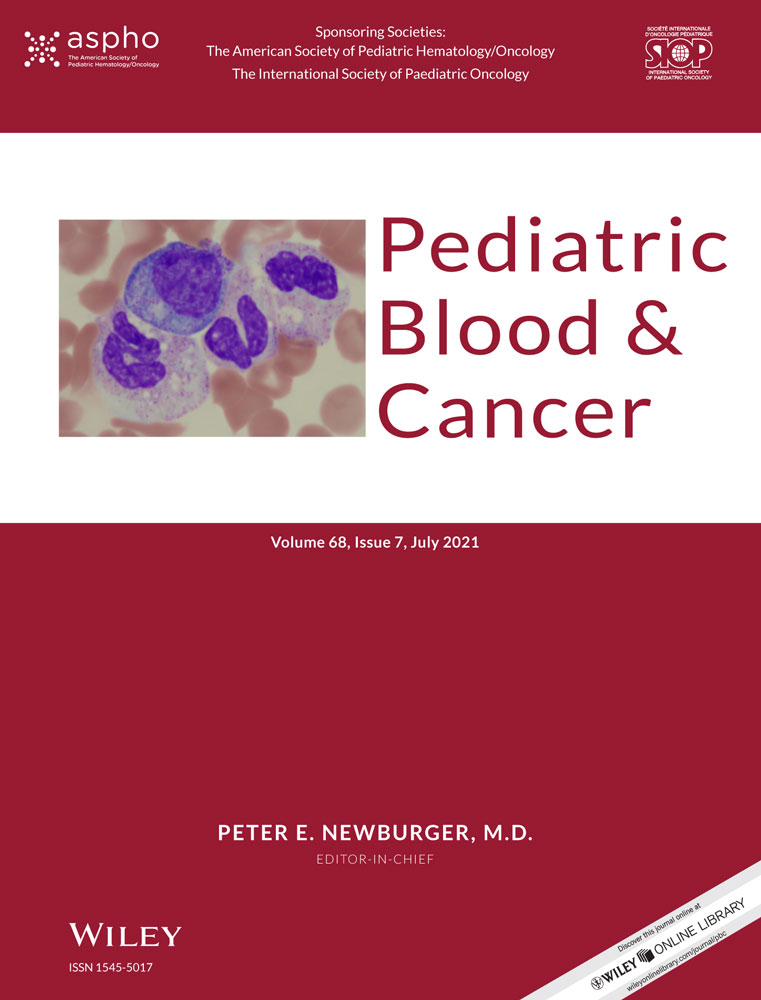Potent antitumor effect of T cells armed with anti-GD2 bispecific antibody
Abstract
Background
Humanized 3F8-bispecific antibody (hu3F8-BsAb) using the IgG(L)-scFv format (where scFv is single-chain variable fragment), where the anti-CD3 huOKT3 scFv is fused with the carboxyl end of the hu3F8 light chain, has potent antitumor cytotoxicity against GD2(+) tumors. To overcome the insufficient number and function of T cells in cancer patients, they can be rejuvenated and expanded ex vivo before arming with hu3F8-BsAb for adoptive transfer, potentially reducing toxic side effects from direct BsAb administration.
Procedure
T cells from normal volunteers were expanded and activated ex vivo using CD3/CD28 beads for 8 days. Activated T cells (ATCs) were harvested and co-incubated with a Good Manufacturing Practice grade hu3F8-BsAb at room temperature for 20 min. These armed ATCs were tested for cytotoxicity in vitro and in vivo against human GD2(+) cell lines and patient-derived xenografts in BALB-Rag2−/−IL-2R-γc-KO mice.
Results
Hu3F8-BsAb armed ATCs showed robust antigen-specific tumor cytotoxicity against GD2(+) tumors in vitro. In vivo, T cells armed with hu3F8-BsAb were highly cytotoxic against GD2(+) melanoma and neuroblastoma xenografts in mice, accompanied by T-cell infiltration without significant side effects. Only zeptomole (10−21) quantities of BsAb per T cell was required for maximal antitumor effects. Tumor response was a function of T-cell dose.
Conclusion
BsAb armed T cells may have clinical utility as the next generation of cytotherapy combined with recombinant BsAb against human tumors for both adult and pediatrics, if autologous T cells can be activated and expanded ex vivo.
CONFLICT OF INTEREST
Both MSK and NKC have financial interest in Y-mAbs, Abpro-Labs, and Eureka Therapeutics. NKC reports receiving commercial research grants from Y-mabs Therapeutics and Abpro-Labs Inc. NKC was named as inventor on multiple patents filed by MSK, including those licensed to Ymabs Therapeutics, Biotec Pharmacon, and Abpro-labs. NKC is a SAB member for Abpro-Labs and Eureka Therapeutics. HX was named as co-inventor in a patent on hu3F8 bispecific antibody filed by MSK. The other authors have no disclosures to report.
Open Research
DATA AVAILABILITY STATEMENT
The data that support the findings of this study are available from the corresponding author upon reasonable request.




